FTC To Challenge Court Ruling On Microsoft-Activision Deal
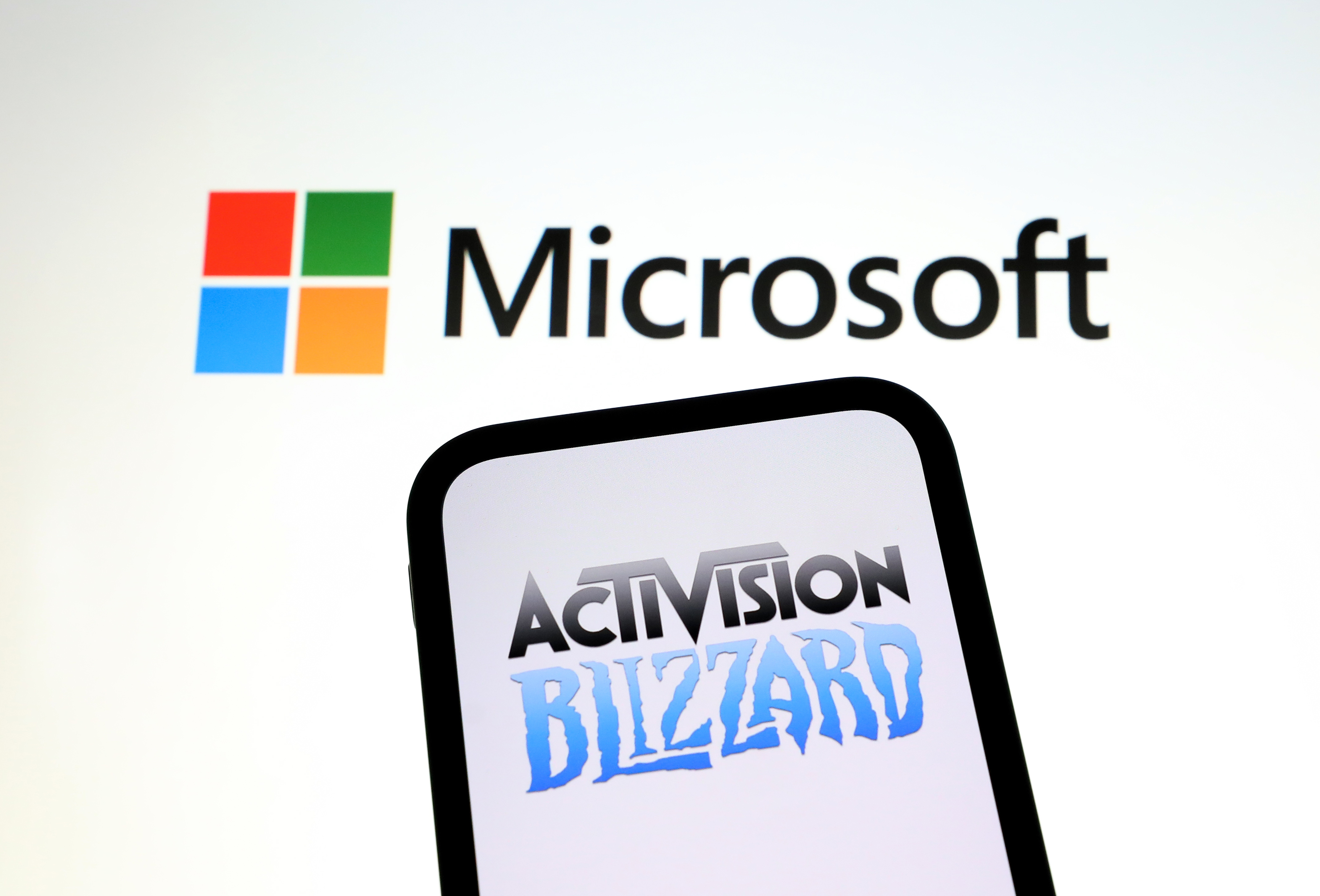
Table of Contents
The FTC's Concerns Regarding the Microsoft-Activision Merger
The FTC's primary concern centers on the potential for anti-competitive behavior resulting from Microsoft's acquisition of Activision Blizzard. The FTC argues that the merger would give Microsoft an unfair advantage, stifling competition and ultimately harming consumers. Their key arguments include:
- Microsoft's Market Dominance: Microsoft already holds significant market share in the gaming industry, particularly with its Xbox consoles and Game Pass subscription service. Acquiring Activision Blizzard, the publisher of incredibly popular franchises like Call of Duty, would further solidify this dominance.
- Call of Duty's Monopoly Power: Call of Duty consistently ranks among the top-selling video games globally. The FTC fears Microsoft could make Call of Duty exclusive to Xbox consoles or its Game Pass service, thereby harming competitors like Sony's PlayStation and Nintendo's Switch.
- Stifling Innovation: The FTC argues that the reduced competition following the merger could stifle innovation in the gaming industry, leading to fewer choices and higher prices for consumers.
- Reduced Consumer Choice: By potentially making key titles exclusive to its ecosystem, Microsoft could severely limit consumer choice and force gamers to switch platforms or pay more for access.
The Court's Initial Decision and its Reasoning
The US District Court judge, however, dismissed the FTC's lawsuit, arguing that the commission failed to provide sufficient evidence to prove that the merger would substantially lessen competition. The judge's reasoning highlighted:
- Microsoft's Commitments: The court considered Microsoft's commitments to keep Call of Duty on PlayStation for at least 10 years, a significant factor in the decision.
- Evidence Presented: The court analyzed the evidence presented by both Microsoft and Activision, emphasizing the lack of persuasive proof that the merger would create a monopoly or significantly harm competition.
- Lack of Concrete Harm: The judge concluded that the FTC hadn't adequately demonstrated that the merger would lead to demonstrable harm to consumers or competition in the gaming market.
- Strong Competition: The court also acknowledged the presence of robust competition in the gaming market, making it less likely that the merger would create a monopoly.
The FTC's Appeal and its Potential Implications
The FTC's decision to appeal the court's ruling represents a significant escalation of the legal battle. The appeal will likely focus on:
- Legal Grounds: The FTC will likely argue that the court misinterpretations of antitrust laws and failed to properly assess the potential for anti-competitive behavior.
- Potential Outcomes: The appeal could result in the reversal of the lower court's decision, potentially blocking the merger altogether or imposing conditions on the acquisition. It could also affirm the lower court's decision.
- Appeal Timeline: The appeal process can be lengthy, potentially delaying or even derailing the merger timeline significantly.
- Impact on Merger Timeline: Depending on the outcome and the speed of the appeal process, the completion of the Microsoft-Activision merger could be delayed considerably or even halted permanently.
Potential Impacts on the Gaming Industry and Consumers
The outcome of the FTC's appeal will have far-reaching consequences for the gaming industry and consumers alike:
- Game Prices: A lack of competition could lead to higher prices for games.
- Game Availability: Exclusive titles could limit game availability across platforms.
- Game Development: The merger's impact on game development and distribution remains uncertain, potentially leading to changes in the industry.
- Competition within the industry: The success or failure of the FTC's appeal will set a precedent for future mergers and acquisitions in the video game sector.
Call of Duty's Central Role in the Dispute
Call of Duty's immense popularity and market share are at the heart of the FTC's concerns. The FTC argues that making Call of Duty exclusive to Xbox would give Microsoft an unfair advantage, significantly harming competitors and consumers. The future availability and platform exclusivity of Call of Duty will be a key battleground in the ongoing legal fight.
Conclusion: The Future of the Microsoft-Activision Deal and FTC Oversight
The FTC's challenge to the court ruling on the Microsoft-Activision deal represents a crucial moment for the gaming industry and antitrust enforcement. The appeal's outcome will significantly impact the future of the merger, shaping the competitive landscape and the experiences of millions of gamers. The case underscores the ongoing importance of FTC oversight in mergers and acquisitions within the tech sector. Follow the FTC's challenge to the Microsoft-Activision deal closely to stay informed about further developments in this landmark case. Stay updated on the latest developments regarding the FTC's appeal of the Microsoft-Activision merger ruling; the implications are far-reaching and will shape the future of gaming.

Featured Posts
-
 Viewers Debate Is This The Most Stressful Tv Show Of All Time
Apr 25, 2025
Viewers Debate Is This The Most Stressful Tv Show Of All Time
Apr 25, 2025 -
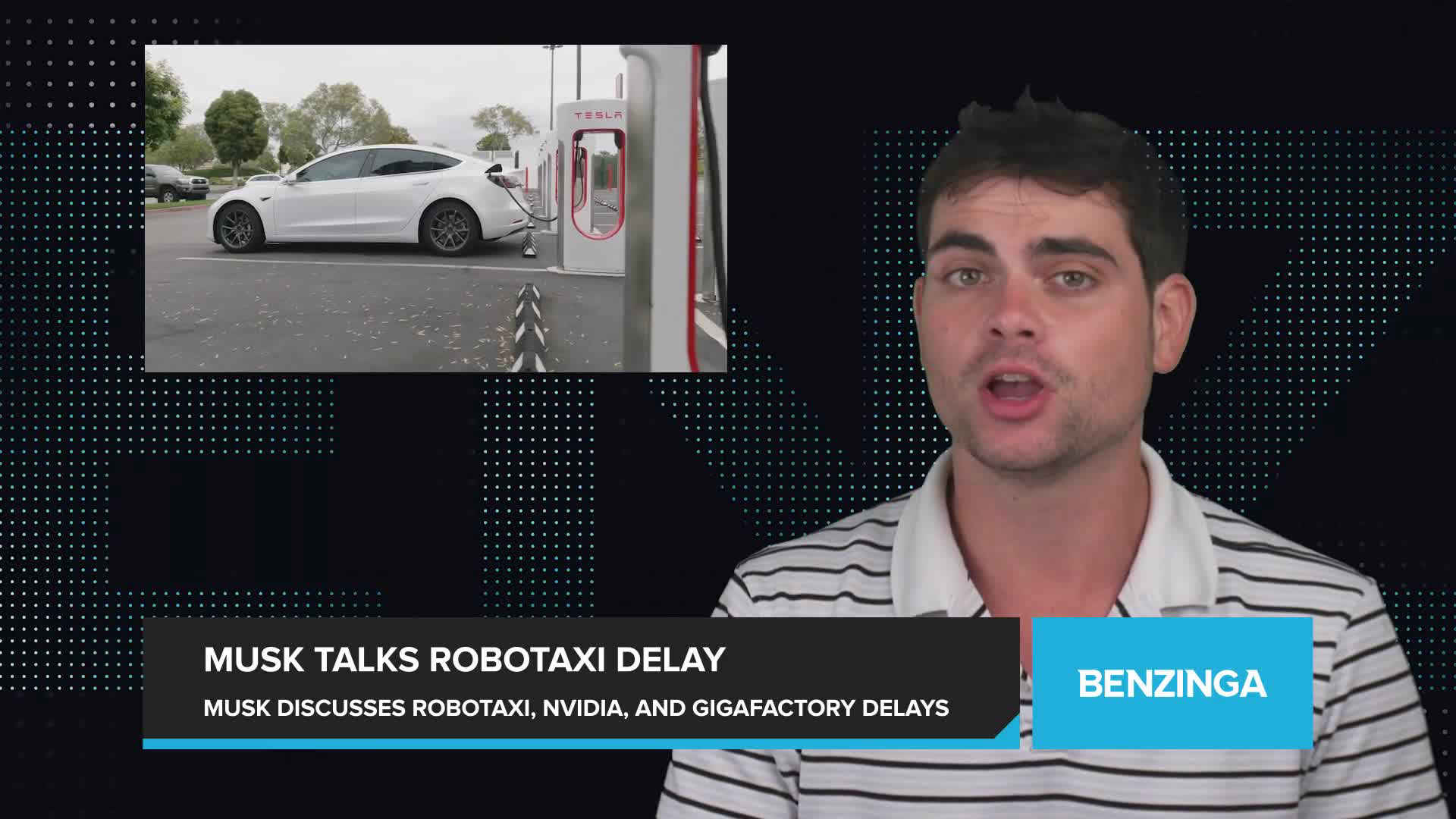 The Challenges Facing Elon Musks Robotaxi Plans
Apr 25, 2025
The Challenges Facing Elon Musks Robotaxi Plans
Apr 25, 2025 -
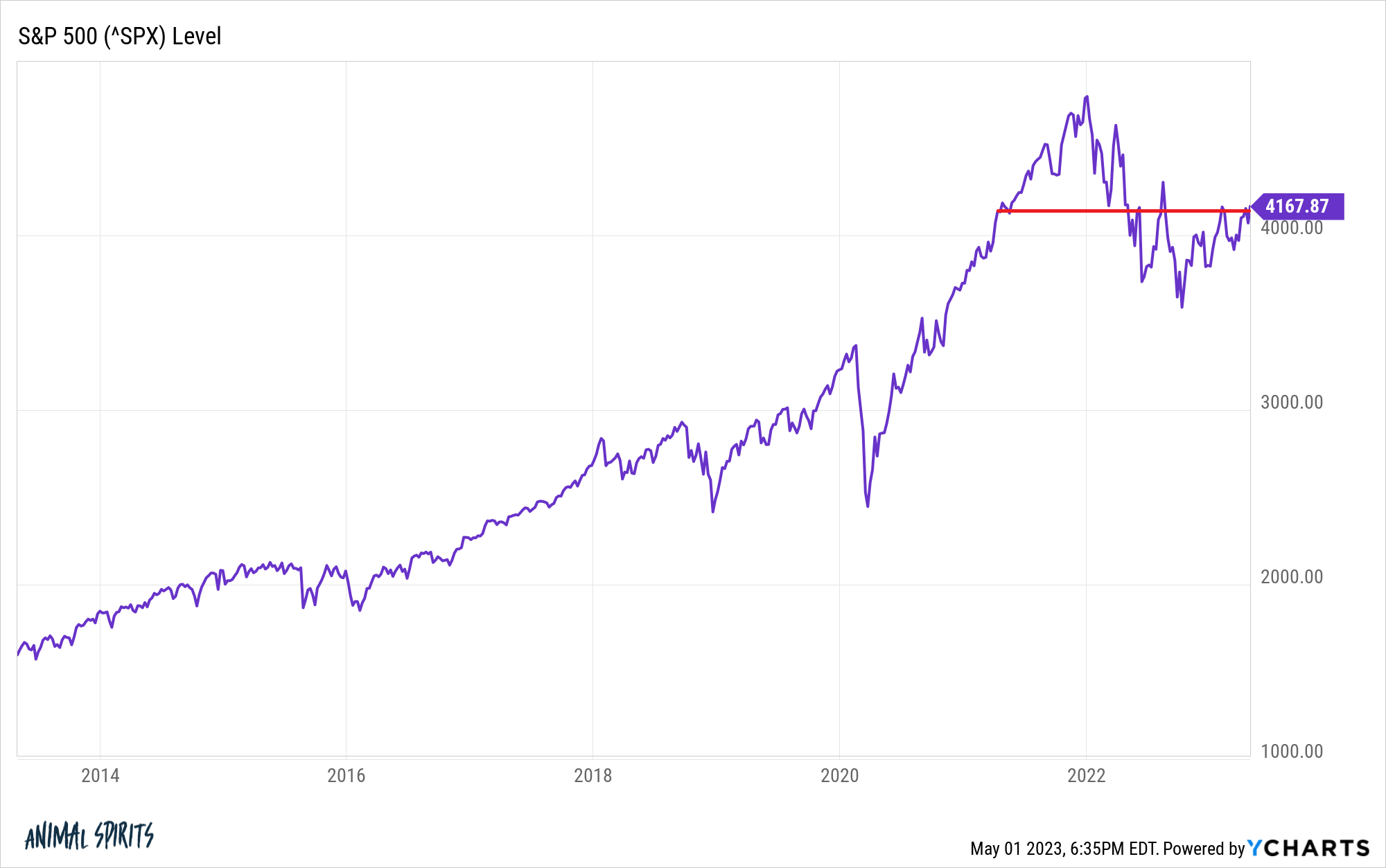 High Stock Market Valuations Bof As Reasons For Investor Calm
Apr 25, 2025
High Stock Market Valuations Bof As Reasons For Investor Calm
Apr 25, 2025 -
 Istanbul Un Kalbinde Bir Yenilenme Abb Ve Anafartalar Caddesi Projesi
Apr 25, 2025
Istanbul Un Kalbinde Bir Yenilenme Abb Ve Anafartalar Caddesi Projesi
Apr 25, 2025 -
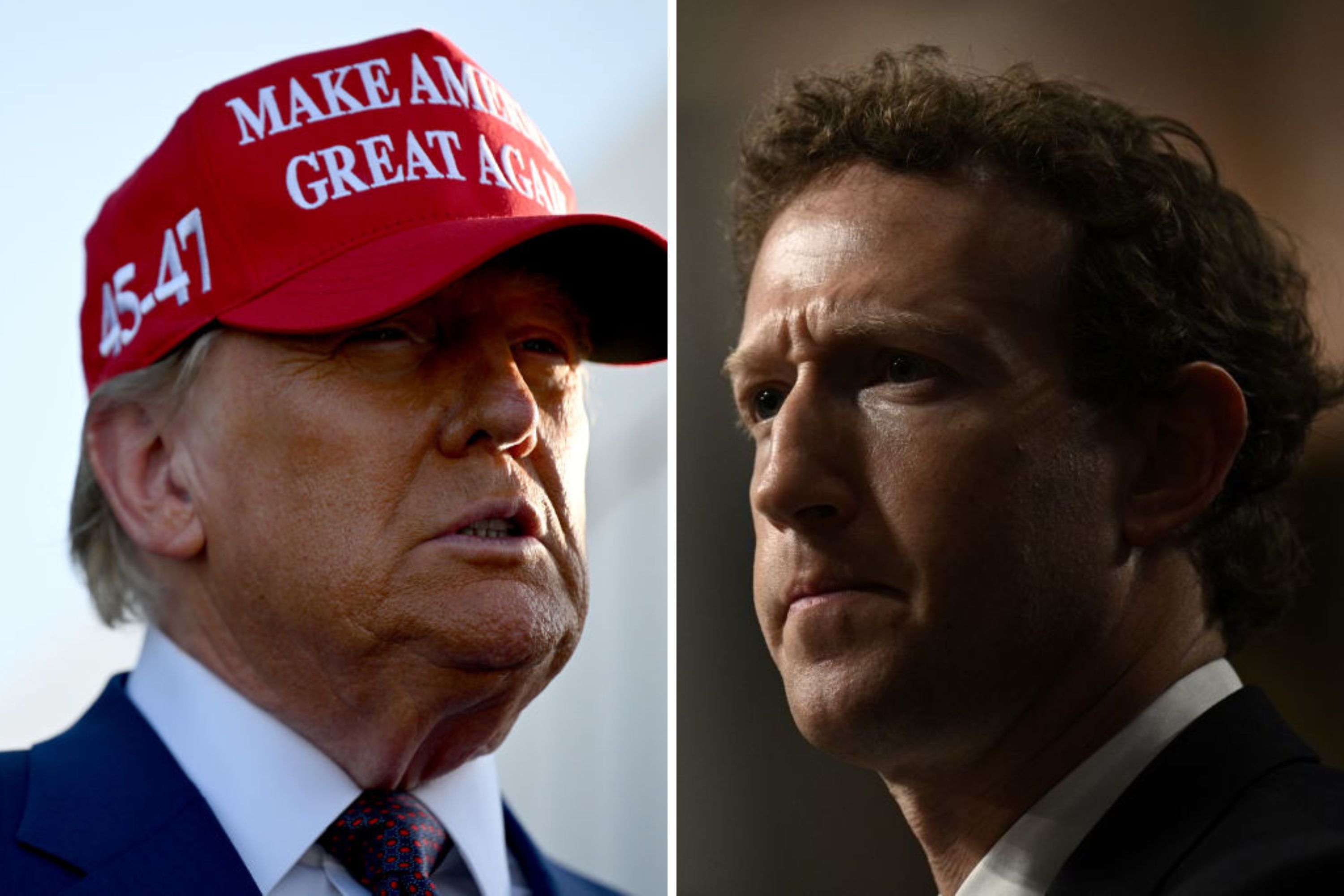 Zuckerberg And Trump A New Era For Facebook And Politics
Apr 25, 2025
Zuckerberg And Trump A New Era For Facebook And Politics
Apr 25, 2025
Latest Posts
-
 The Ethics Of Betting On The Los Angeles Wildfires And Similar Events
Apr 26, 2025
The Ethics Of Betting On The Los Angeles Wildfires And Similar Events
Apr 26, 2025 -
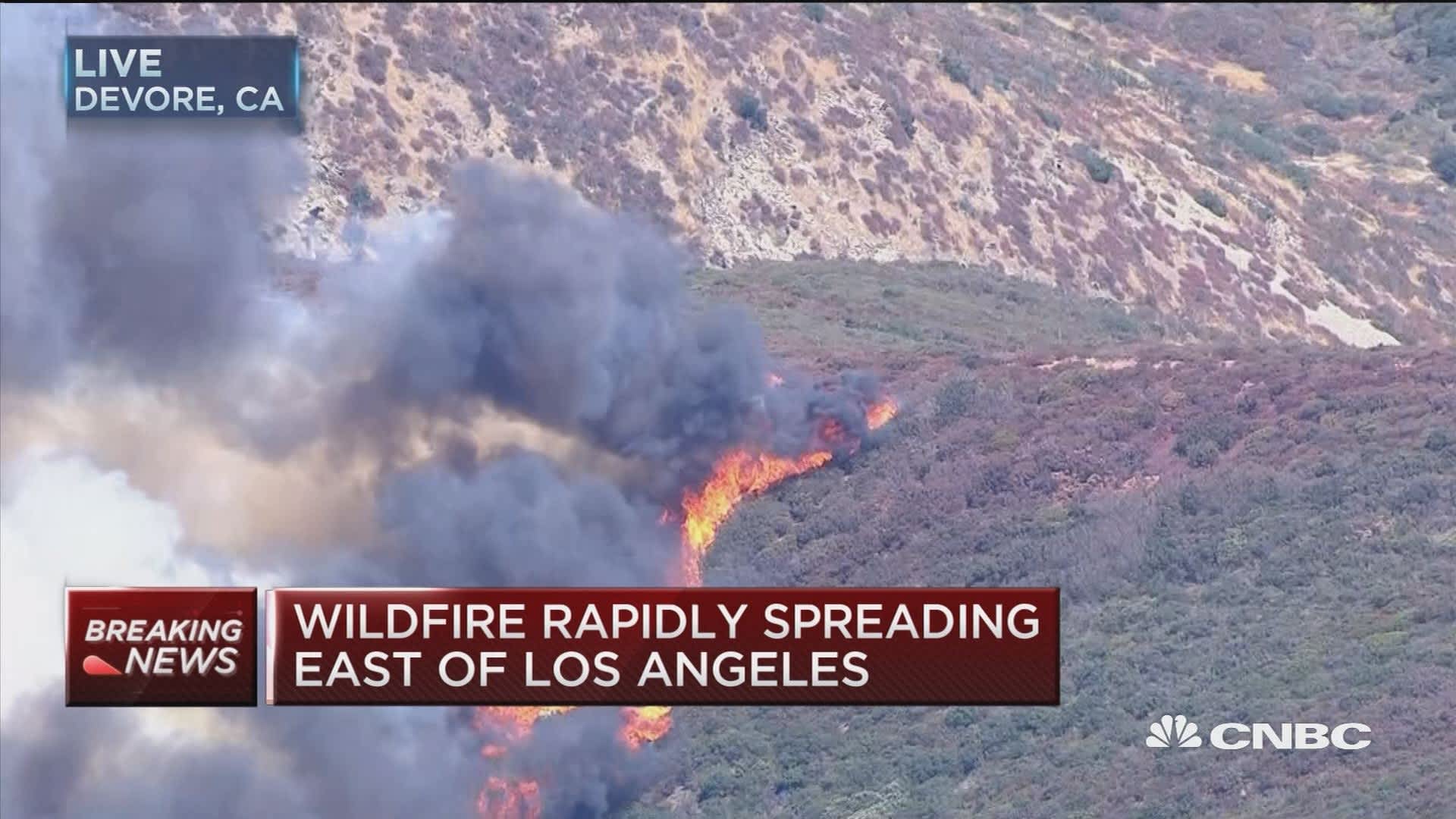 Are We Normalizing Disaster Betting The Los Angeles Wildfires Example
Apr 26, 2025
Are We Normalizing Disaster Betting The Los Angeles Wildfires Example
Apr 26, 2025 -
 The China Factor Analyzing The Difficulties Faced By Premium Car Brands
Apr 26, 2025
The China Factor Analyzing The Difficulties Faced By Premium Car Brands
Apr 26, 2025 -
 Gambling On Catastrophe The Los Angeles Wildfires And The Future Of Disaster Betting
Apr 26, 2025
Gambling On Catastrophe The Los Angeles Wildfires And The Future Of Disaster Betting
Apr 26, 2025 -
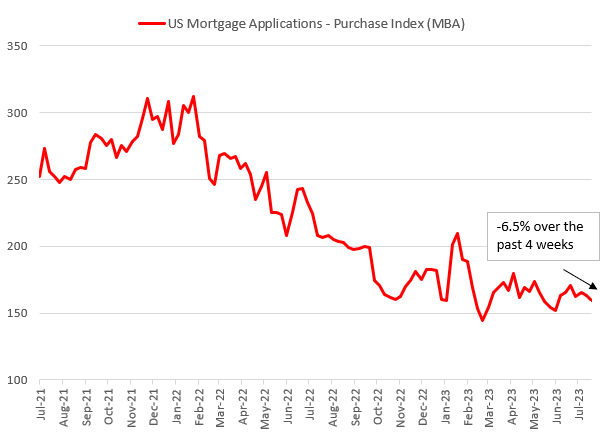 Navigating The Chinese Market The Struggles Of Bmw Porsche And Other Auto Brands
Apr 26, 2025
Navigating The Chinese Market The Struggles Of Bmw Porsche And Other Auto Brands
Apr 26, 2025
